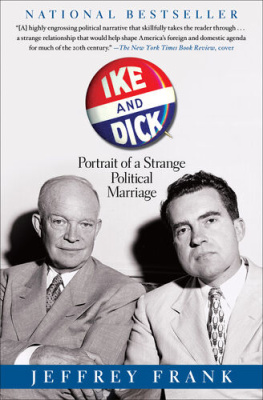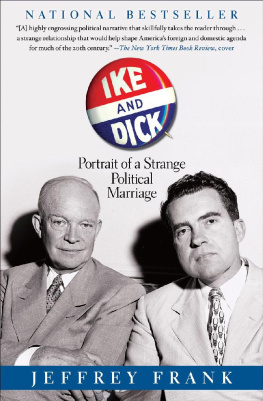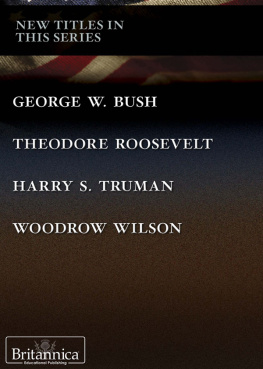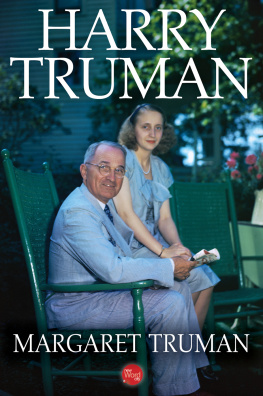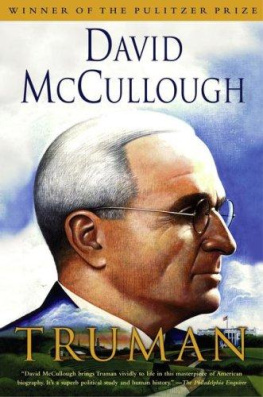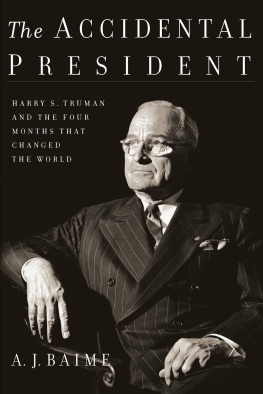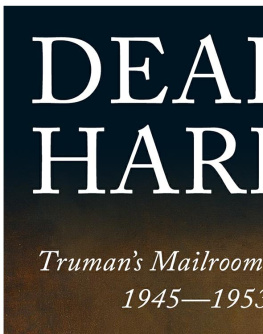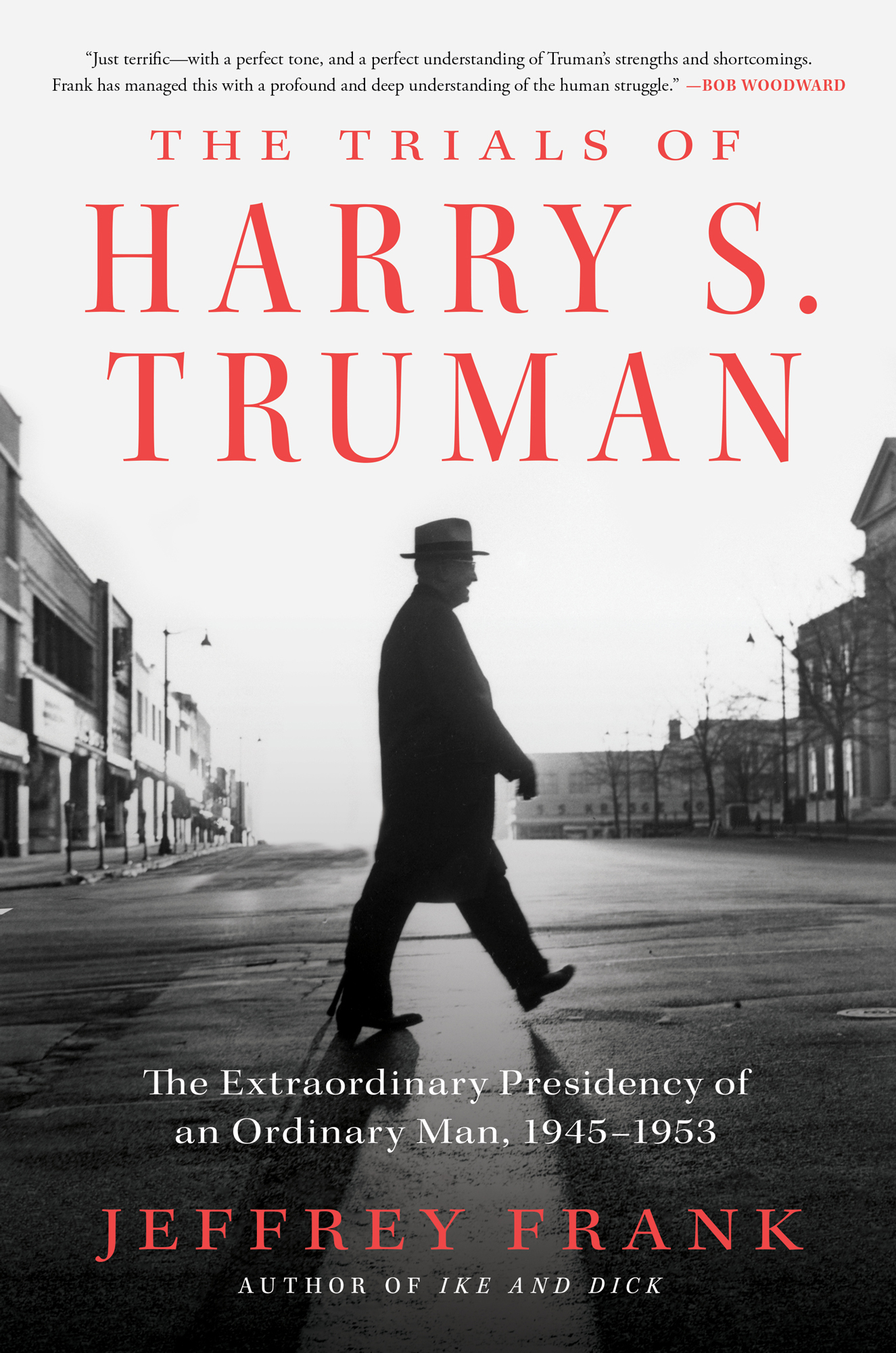Jeffrey Frank - The Trials of Harry S. Truman: The Extraordinary Presidency of an Ordinary Man, 1945-1953
Here you can read online Jeffrey Frank - The Trials of Harry S. Truman: The Extraordinary Presidency of an Ordinary Man, 1945-1953 full text of the book (entire story) in english for free. Download pdf and epub, get meaning, cover and reviews about this ebook. year: 2022, publisher: Simon & Schuster, genre: Detective and thriller. Description of the work, (preface) as well as reviews are available. Best literature library LitArk.com created for fans of good reading and offers a wide selection of genres:
Romance novel
Science fiction
Adventure
Detective
Science
History
Home and family
Prose
Art
Politics
Computer
Non-fiction
Religion
Business
Children
Humor
Choose a favorite category and find really read worthwhile books. Enjoy immersion in the world of imagination, feel the emotions of the characters or learn something new for yourself, make an fascinating discovery.
- Book:The Trials of Harry S. Truman: The Extraordinary Presidency of an Ordinary Man, 1945-1953
- Author:
- Publisher:Simon & Schuster
- Genre:
- Year:2022
- Rating:5 / 5
- Favourites:Add to favourites
- Your mark:
The Trials of Harry S. Truman: The Extraordinary Presidency of an Ordinary Man, 1945-1953: summary, description and annotation
We offer to read an annotation, description, summary or preface (depends on what the author of the book "The Trials of Harry S. Truman: The Extraordinary Presidency of an Ordinary Man, 1945-1953" wrote himself). If you haven't found the necessary information about the book — write in the comments, we will try to find it.
Jeffrey Frank, author of the bestselling Ike and Dick, returns with the first full account of the Truman presidency in nearly thirty years, recounting how so ordinary a man met the extraordinary challenge of leading America through the pivotal years of the mid-20th century.
The nearly eight years of Harry Trumans presidencyamong the most turbulent in American historywere marked by victory in the wars against Germany and Japan; the first use of an atomic weapon; the beginning of the Cold War; creation of the NATO alliance; the founding of the United Nations; the Marshall Plan to rebuild the wreckage of postwar Europe; the Red Scare; and the fateful decision to commit troops to fight in Korea.
Historians have tended to portray Truman as stolid and decisive, with a homespun manner, but the man who emerges in The Trials of Harry S. Truman is complex and surprising. He believed that the point of public service was to improve the lives of ones fellow citizens, and was disturbed by the brutal treatment of African Americans. Yet while he supported stronger civil rights laws, he never quite relinquished the deep-rooted outlook of someone with Confederate ancestry reared in rural Missouri. He was often carried along by the rush of events and guided by men who succeeded in refining his fixed and facile view of the postwar world. And while he prided himself on his Midwestern rationality, he could act out of emotion, as when, in the aftermath of World War II, moved by the plight of refugees, he pushed to recognize the new state of Israel.
The Truman who emerges in these pages is a man with generous impulses, loyal to friends and family, and blessed with keen political instincts, but insecure, quick to anger, and prone to hasty decisions. Archival discoveries, and research that led from Missouri to Washington, Berlin and Korea, have contributed to an indelible, and deeply human, portrait of an ordinary man suddenly forced to shoulder extraordinary responsibilities, who never lost a schoolboys romantic love for his country, and its Constitution.
Jeffrey Frank: author's other books
Who wrote The Trials of Harry S. Truman: The Extraordinary Presidency of an Ordinary Man, 1945-1953? Find out the surname, the name of the author of the book and a list of all author's works by series.

